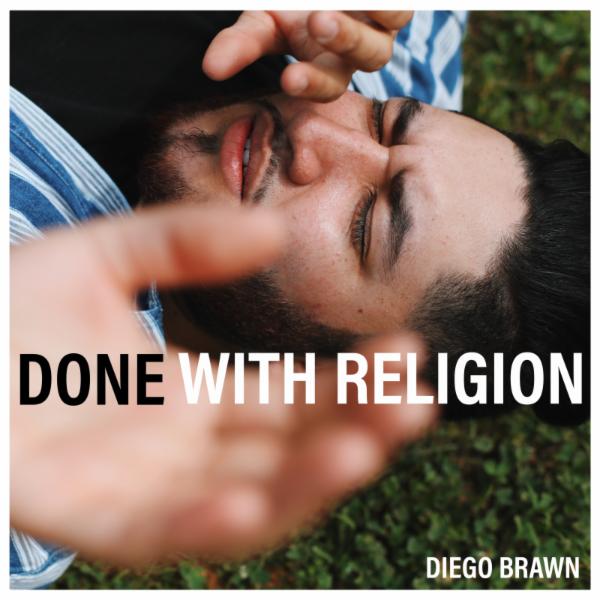By Mike Edwards
You may not want to read this Post if you never question or doubt if God is real, if everything the Bible claims about God is true, and you are convinced hell or heaven is a certainty. For some though it is normal to struggle to believe in an invisible God, to wonder if Jesus really resurrected from the dead since they weren’t there. No one can prove if there is really an afterlife after death. God never informed Old Testament writers of such a place. See here. Some may have questions after hearing different opinions in biblical scholarship. Many didn’t grow up with religious teaching and so rightly wonder claims made by religious folks. Is there a reason to follow God with so many doubts or questions?
What if I am not sure the stories of Jesus resurrected from the dead are true?
I currently am convinced Jesus’ resurrection isn’t legend and has historical verification, but others may not. I don’t believe God hates me if I change my mind. Jesus’ disciples didn’t believe Jesus was coming back from the dead, despite witnessing Jesus’ miracles beforehand, until seeking Jesus after his death with their own eyes. I would like to think many of us seeing a man or woman coming back from the grave, after killed on a cross, would be convinced. I have a hunch God cares the most that you believe in the possibility of a loving God to begin a faith journey.
Who was Jesus really?
One may read, if not reading only conservation Christian viewpoints, that the Jesus’ sayings for accuracy in the Gospels has many problems. After all, the biblical writers wrote 40 years later what Jesus supposedly said through oral traditions handed down. You should read what my kids claim I said decades ago! Maybe it doesn’t matter if the biblical writers 40 years later recorded Jesus’ words exactly. Today, we take things so literally. Maybe back in NT times, they were writing not for historical accuracy but weaving a story about what they thought Jesus was trying to teach (the meaning behind the text).
Does the Bible always get God right?
Ever read the Bible closely. Claims made about God don’t seem like a loving God. Leaders tout that God inspired/approved all written in the Bible, yet some actions contributed to God by the writers make no moral sense. Unfortunately, newcomers will be directed to read the Bible and be horrified reading about some of God’s supposed actions. Rationalizations are given to explain such actions about God to protect God’s inspiration of the Bible (writers understood God perfectly). I suggest instead considering if biblical writers always understood God correctly. See here.
Is following God worth it with so many questions?
I am convinced living a godly life is worth it, even if God doesn’t exist. Go ahead and live like Hell while here on earth! You may have fun but your loved ones won’t. God only wants to help pursuing a life not full of regrets. Personally, following what I believe a loving God to be like has inspired and encouraged me to be the person I desire to be. The journey is worth it. Most are convinced Jesus was a very real person who lived in the first century. Let’s debate his teachings. We are often told the main message of the Bible is Jesus coming to save you from Hell. I am convinced Jesus spoke of loving God not to get into heaven but to receive help in loving others as you love yourself here on earth. What do we have to lose treating one another like we want to be treated?
Can I Still Be In With God If Doubt God, Jesus, The Bible, Afterlife?

Mike Edwards has been writing for Done with Religion for some time and has been a great addition to the site. He couldn’t find enough people to discuss God openly so he started blogging years ago. Mike also has his own site where he writes that can be found at What God May Really Be Like He can be contacted by email at: medwar2@gmail.com



























